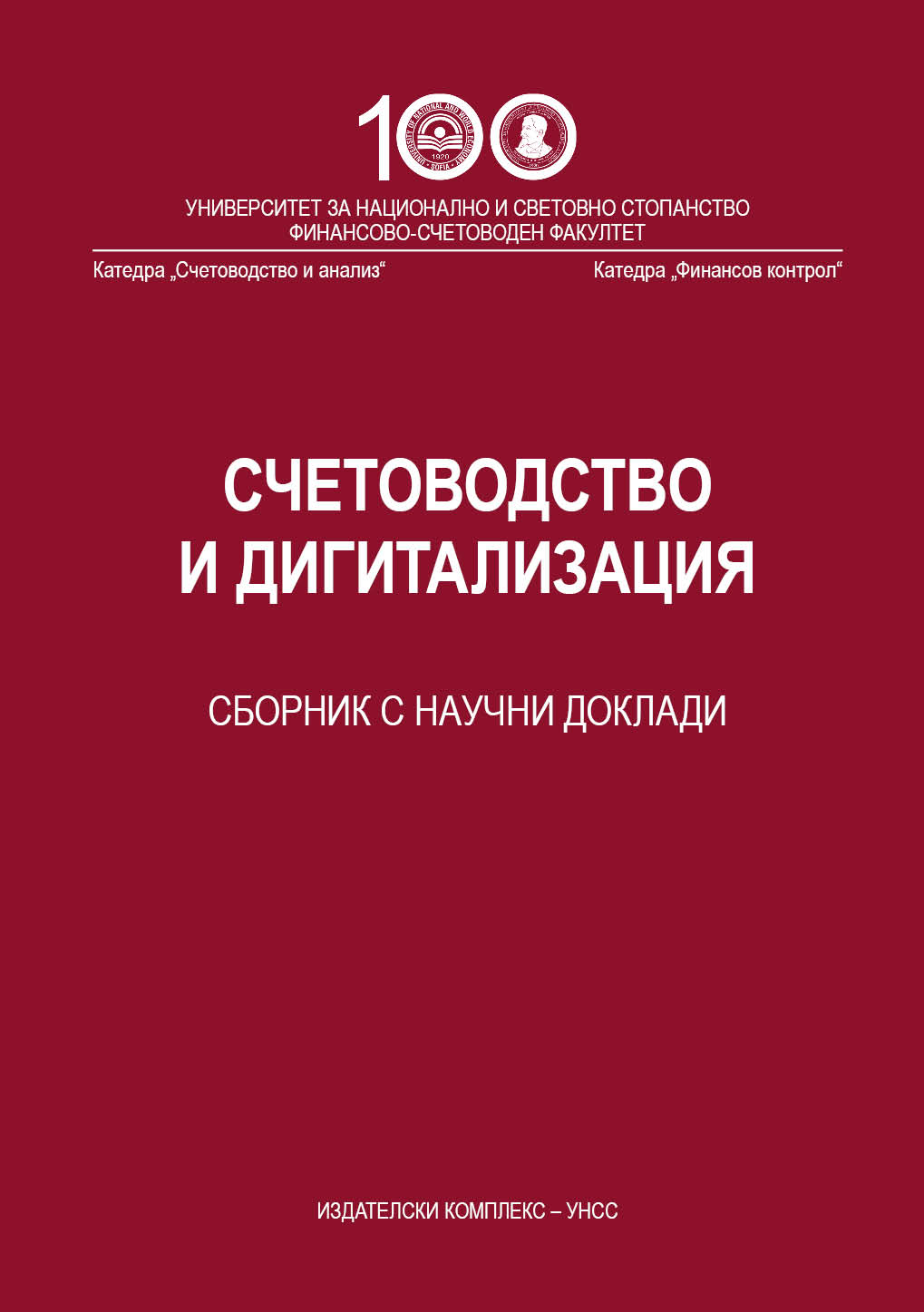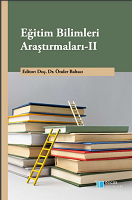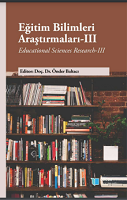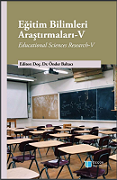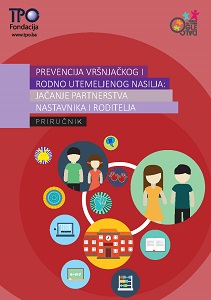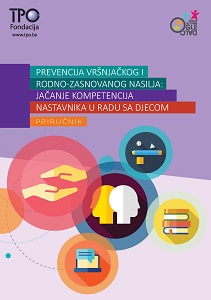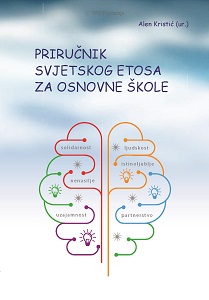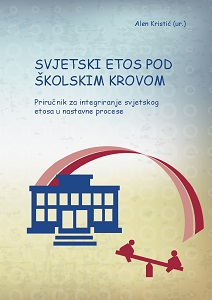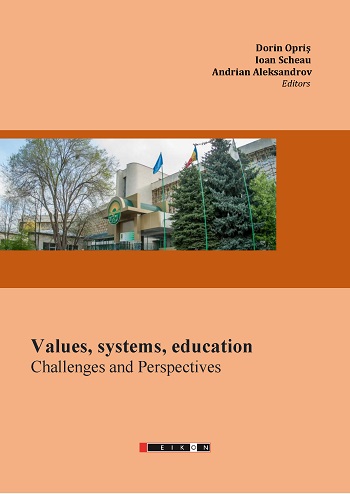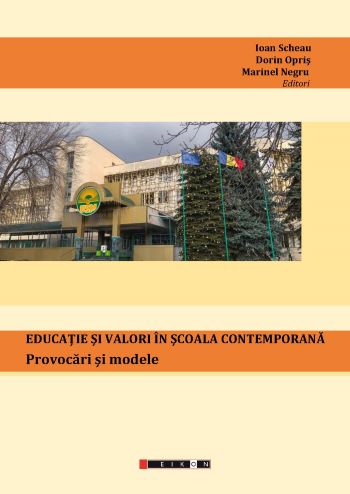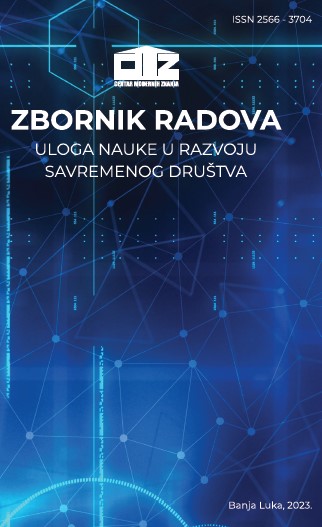Author(s): Mustafa Özdere / Language(s): Turkish
Publication Year: 0
In Turkey, on the website www.mülteciler.org.tr the number of Syrians who are registered and under temporary protection status is stated as 3 million 535 thousand 898 people as of 19 January 2023. The distribution of these numbers according to age groups is 555,249 between 0-4, 518,916 between 5-9, 405.768 between 10-14, 252,126 between 15-18. According to the statement made by the Ministry of National Education on 8 June 2021, the number of Syrian students in Kindergarten, Primary, Secondary and High School is 938 thousand 138 (35 thousand 707 in kindergarten, 442 thousand 817 in primary school, 348 thousand 638 in secondary school and 110 thousand 976 in high school). The number of children of education age who do not go to school is 432 thousand 956. Education is the most effective tool in ensuring the social adaptation of these children, and in this context, schools, school administrators, teachers and other stakeholders have great responsibilities. The aim of this study is to create a resource to guide teachers and school administrators with children under temporary protection in their schools and classrooms. In this direction, teaching content, teaching strategies, teaching tools and materials, measurement and evaluation tools and methods, and management of undesirable student behaviors are examined in the context of supporting the social adaptation of students under temporary protection.
More...
